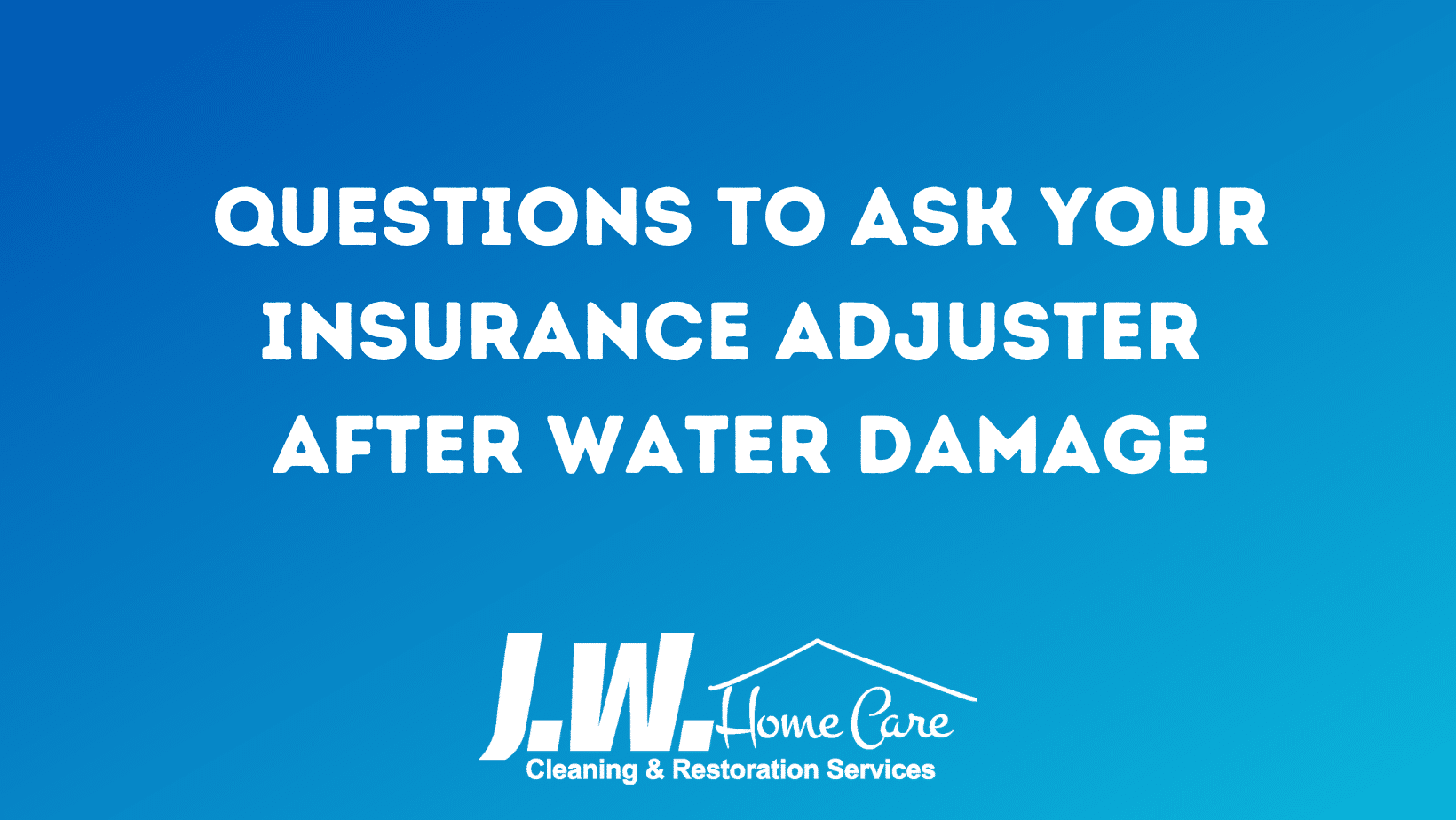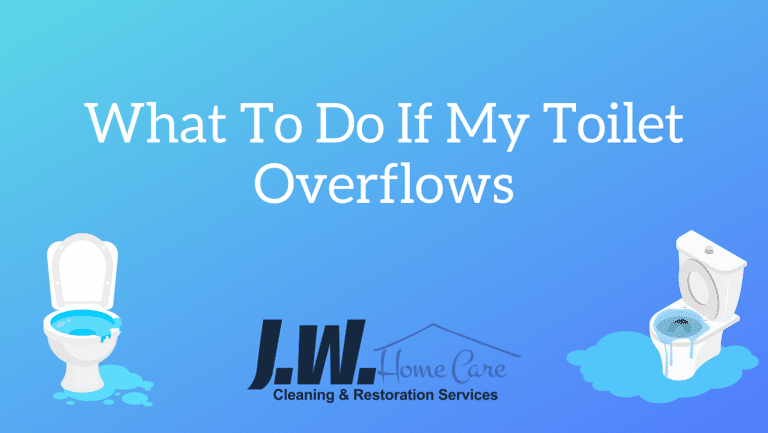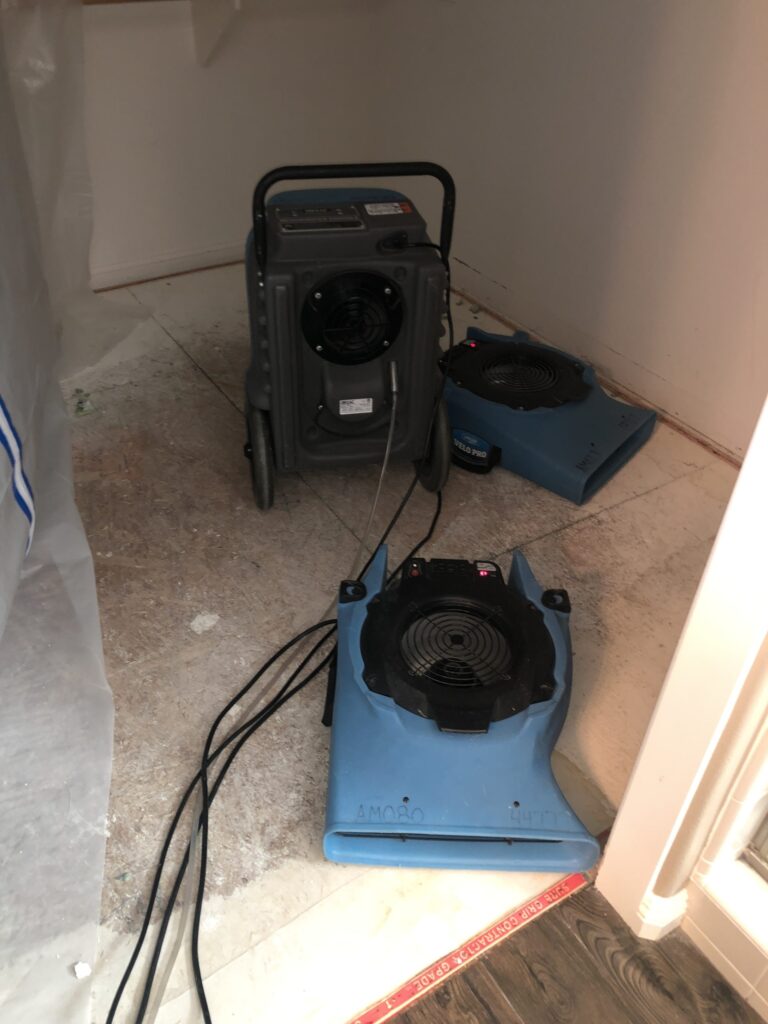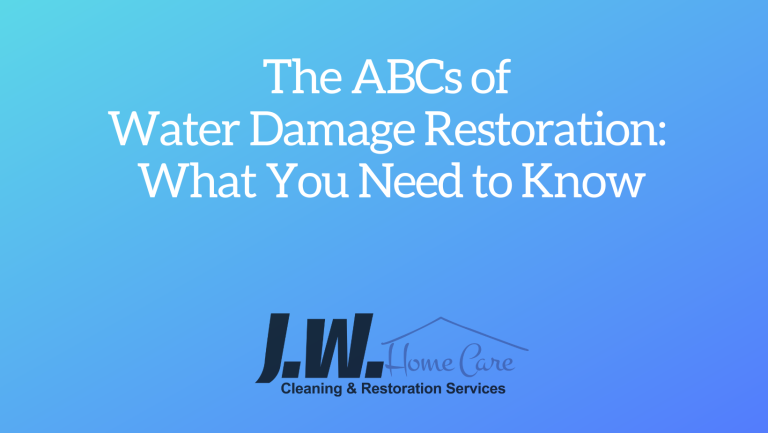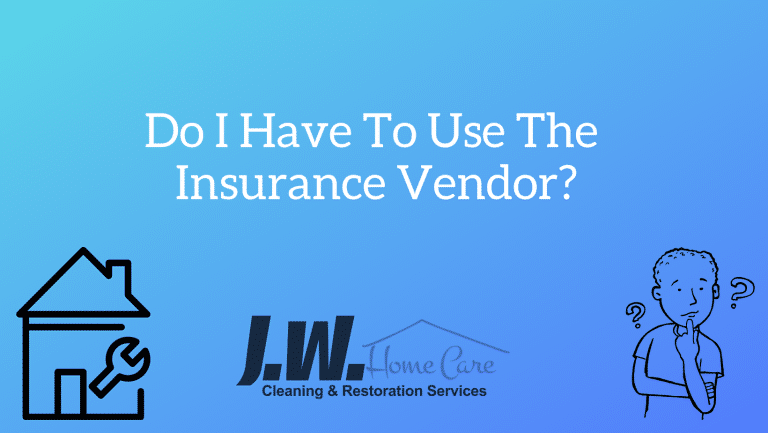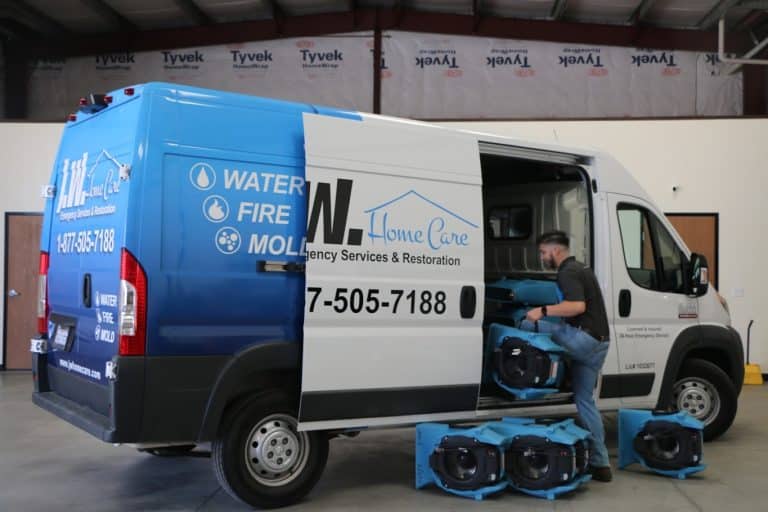Questions to Ask Your Insurance Adjuster After Water Damage
Key Questions to Ask Your Insurance Adjuster After Water Damage
Experiencing water damage in your home or business can be a distressing and overwhelming event. In such situations, dealing with your insurance adjuster effectively can make a significant difference in how smoothly the recovery process goes. To ensure you get the coverage you’re entitled to and to make the process as stress-free as possible, here are some crucial questions to ask your insurance adjuster after water damage occurs.
1. What Specific Types of Water Damage Are Covered Under My Policy?
It’s essential to have a clear understanding of what your insurance policy covers. Ask your adjuster to explain:
- The types of water damage that are included in your policy.
- Any specific exclusions or limitations.
- Whether mold remediation is covered if water damage leads to mold growth.
2. Can You Outline the Claims Process?
Every insurance company has its unique process for handling claims. Ensure you understand the steps involved by asking:
- The exact steps to file a claim.
- What documentation and evidence you need to provide.
- The expected timeframe for the claims process from start to finish.
3. How Will the Damage Be Assessed?
Knowing how your insurance company assesses damage can help you prepare. Ask:
- The procedure for damage assessment.
- Who will conduct the inspection and assessment.
- How they determine the extent of the damage and the cost of repairs.
4. What Are My Immediate Responsibilities?
To ensure your claim is valid, you may need to take certain actions promptly. Clarify:
- What immediate steps you should take to prevent further damage.
- Whether you need to keep records or receipts of any expenses related to initial repairs.
- If you need to obtain repair estimates from contractors.
5. What Is the Coverage Limit for Water Damage?
Understanding the financial limits of your coverage is crucial. Inquire about:
- The maximum amount your policy will pay out for water damage.
- Whether there are different limits for structural damage and personal property damage.
6. Does My Policy Cover Temporary Housing Costs?
If your home becomes uninhabitable, you might need to stay elsewhere temporarily. Ask:
- If the cost of temporary housing is covered.
- The coverage limit for temporary housing expenses.
- The duration for which temporary housing is covered.
7. How Will the Claim Payments Be Disbursed?
Knowing how and when you’ll receive payments can help you manage finances better. Ask:
- If the payout is given as a lump sum or in installments.
- Whether payments are made directly to you or to the contractors.
- If an advance on the claim can be provided to begin repairs immediately.
8. What Documentation Should I Provide?
Proper documentation is vital for a smooth claims process. Ask:
- What kind of photos or videos of the damage are required.
- If you need to provide a detailed inventory of damaged items.
- Whether there are specific forms or reports you need to submit.
9. Can I Choose My Own Contractor?
You might prefer hiring your own contractor for repairs. Clarify:
- If you are allowed to hire your own contractor.
- Any restrictions or approvals needed for your chosen contractor.
- Whether the insurance company will inspect the completed work.
10. What Should I Do If My Claim Is Denied?
It’s important to know the steps to take if your claim is denied. Ask about:
- Common reasons for claim denials.
- The process for appealing a denied claim.
- Any additional documentation or steps required for an appeal.
11. Will Filing This Claim Affect My Future Premiums?
Filing a claim can sometimes impact your insurance premiums. Find out:
- If this claim will affect your future premiums.
- How to mitigate potential increases in premiums.
- Any long-term impacts on your policy or coverage.
In Closing
Dealing with the aftermath of water damage can be challenging, but asking the right questions can make your interactions with the insurance adjuster more productive and less stressful. At JW Home Care, we are here to assist you through the entire process of water damage restoration and insurance claims. Being informed empowers you to secure the coverage you deserve and manage the situation more effectively.

